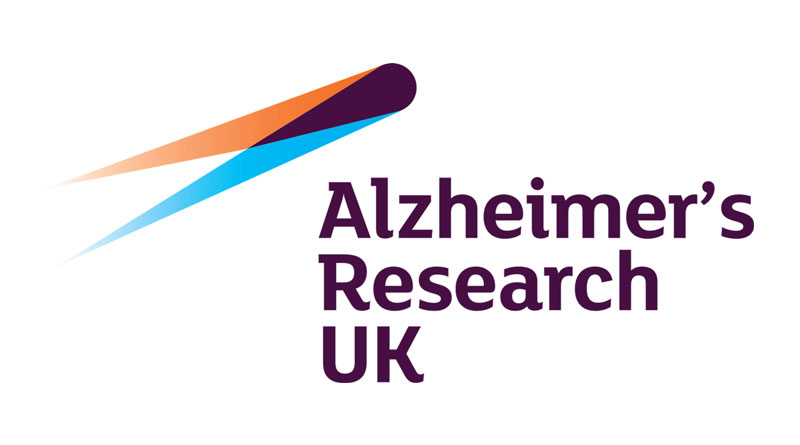Dementia Researchers Call For Urgent Action To Prevent Setbacks In Treatment Search
Nearly 300 researchers have called for urgent government action to prevent a major setback to the search for new dementia treatments as a result of COVID-19.
In an open letter to Science Minister Amanda Solloway, the researchers warn that lost funding opportunities brought on by the pandemic could lead to a lost generation of researchers, putting the future of dementia research at risk. The letter is backed by Alzheimer’s Research UK and Alzheimer’s Society, the country’s two largest charity funders of dementia research.
The UK medical research sector expects to see a £310m shortfall in charity funding as a result of COVID-19, with medical research charities predicting an average 41% decrease in their research spend for 2020/21. Scientists working on dementia fear that this financial impact means critical progress made in dementia research in recent years is at stake, with a risk that many scientists may have to leave dementia research altogether – potentially setting back the search for new treatments by several years.
At the same time, people with dementia are being particularly hard-hit by COVID-19, with a quarter of all COVID-19 deaths in England and Wales having been among people with dementia – further underlining the urgent need for life-changing dementia research.
Urging the government to deliver on its Manifesto commitment to double dementia research funding to £160m a year, the researchers’ letter states:
“We are increasingly concerned about the impact this will have on our highly skilled early-career dementia researchers, who, without financial support, will be left with no option but to leave the dementia research field for more consistently funded research opportunities, or to leave academic research altogether.
“We are asking the government to continue its support for this growing field by delivering on its Manifesto commitment to double the dementia research budget, which will unlock new funding to enable early-career researchers to remain in a field where so much progress is urgently needed.”
Dr Susan Kohlhaas, Director of Research at Alzheimer’s Research UK, said:
“We had begun to make real progress in dementia research in recent years, but we are still playing catch-up, with funding lagging behind other disease areas even before the pandemic hit. Today we know more than ever about the diseases that cause dementia, but translating that knowledge into treatments requires consistent investment, and it’s vital that government acts to keep talented researchers in the field. To do nothing risks throwing away the progress that’s been made, and failing the people living with dementia who urgently need breakthroughs that only research can deliver.”
Fiona Carragher, Director of Research and Influencing at Alzheimer’s Society said:
“There’ll be a million people with dementia in the UK by 2025. A million people living with a condition that does not yet have a cure. Our researchers work tirelessly not only towards future prevention and a cure, but also improving dementia care – making sure those with the condition can live well. But the coronavirus pandemic means we can expect a 40% drop in investment across medical research charities this year, delaying progress towards desperately needed new treatments and better care, and risking a brain drain as young researchers move into better-funded areas. People with dementia have already been hit hardest by the pandemic, this crisis risks their futures too. We’re urging the Government to protect progress already made, by delivering on its pledge to double dementia research funding.”






